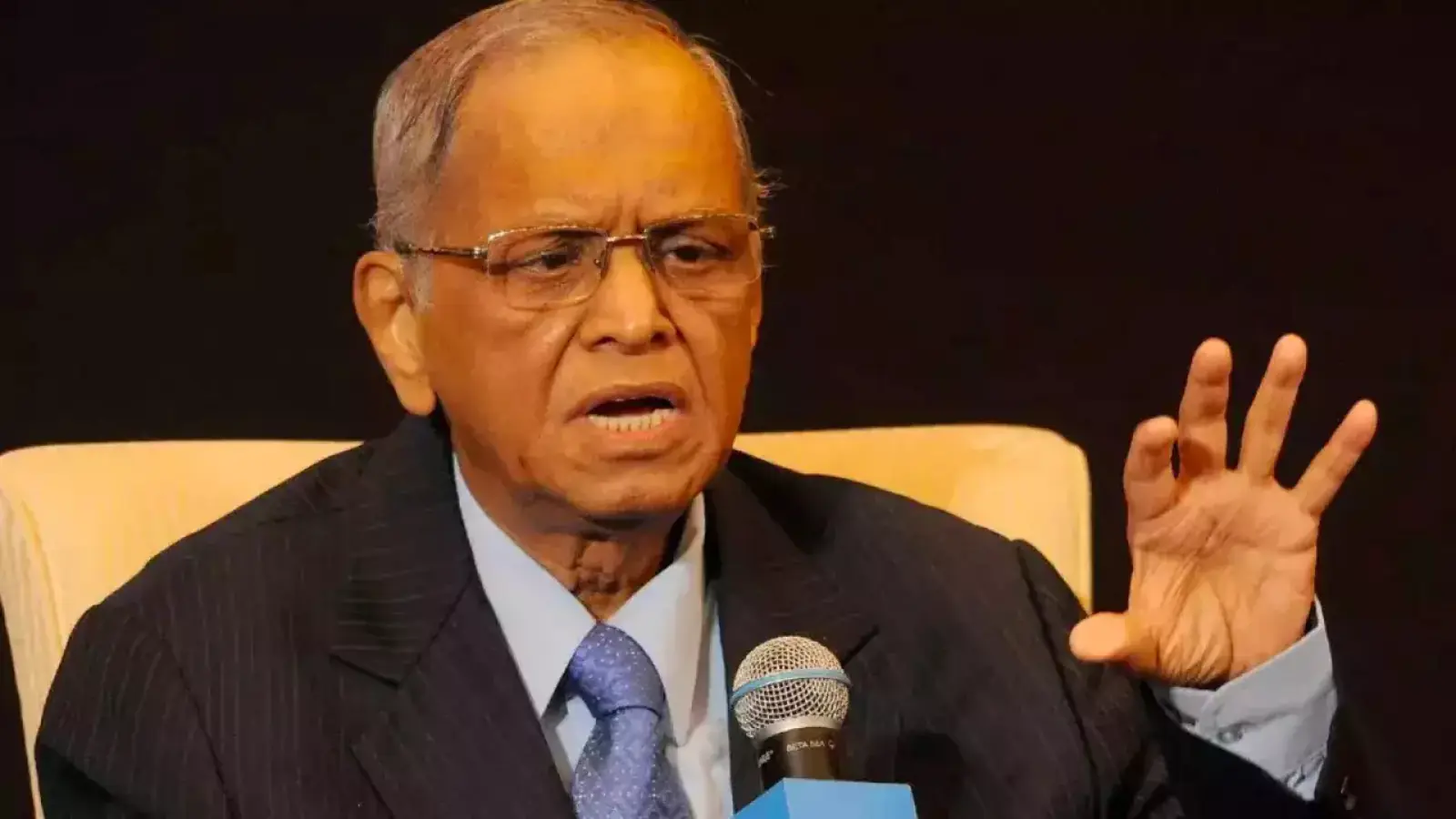NR Narayana Murthy, the co-founder of Infosys, has proposed a transformative approach to hiring civil servants like IAS and IPS officers. Addressing a media event, he suggested that instead of relying solely on the UPSC exams, the government could consider recruiting from prestigious management schools.
He appealed to Prime Minister Narendra Modi to revamp the administrative recruitment system, which has been in place since 1858, to better align with contemporary needs.
Murthy praised Prime Minister Modi’s commendable efforts in accelerating India’s economic growth and suggested that the government evaluate whether it requires more managers than traditional administrators.
Currently, candidates selected through the UPSC exams undergo training at the Lal Bahadur Shastri National Academy of Administration in Mussoorie. Murthy proposed an alternative: management school graduates should also be trained at the same academy, specializing in fields like agriculture, defense, or manufacturing. This approach would diverge from the existing system of creating generalist administrators.
Prof. Triveni Singh, former IPS officer who recently took VRS, stated:
“To drive the country towards positivity and development, we need technical leadership with a high degree of Emotional Quotient (EQ). The UPSC system produces bookworms and places them in leadership roles, leading to a prevalence of corruption, inefficiency, and a lack of true leadership qualities among many government officers.”
Creating Specialists for Long-Term Impact
Murthy emphasized that the new system would cultivate domain-specific experts who could serve the nation in their respective areas for 30-40 years. He highlighted the necessity of transitioning from the colonial-era administrative mindset to a management-oriented approach.
He further urged a shift in public perception, envisioning a future where India prioritizes managerial expertise over administrative oversight. Murthy also suggested that intellectuals from the private sector could be appointed to chair committees equivalent to cabinet minister roles, overseeing and approving major decisions made by ministers and bureaucrats.
ALSO READ: Nominations Open for ‘Women in Cyber’ Honors at FutureCrime Summit 2025
Advocating for Change and Commitment
Murthy reiterated the importance of reducing inefficiency and delays within government systems by minimizing unnecessary interference. Reflecting on his earlier controversial statement advocating a 70-hour workweek, he stood firm, citing the dedication required for national progress.
He noted that Prime Minister Modi himself works 100 hours a week. Sharing insights from his own journey, Murthy mentioned that even when Infosys adopted a five-day workweek in 1986, he personally worked over six and a half days a week for 14 hours daily. Despite stepping down from an executive role in 2014, his commitment to hard work remains unwavering.



